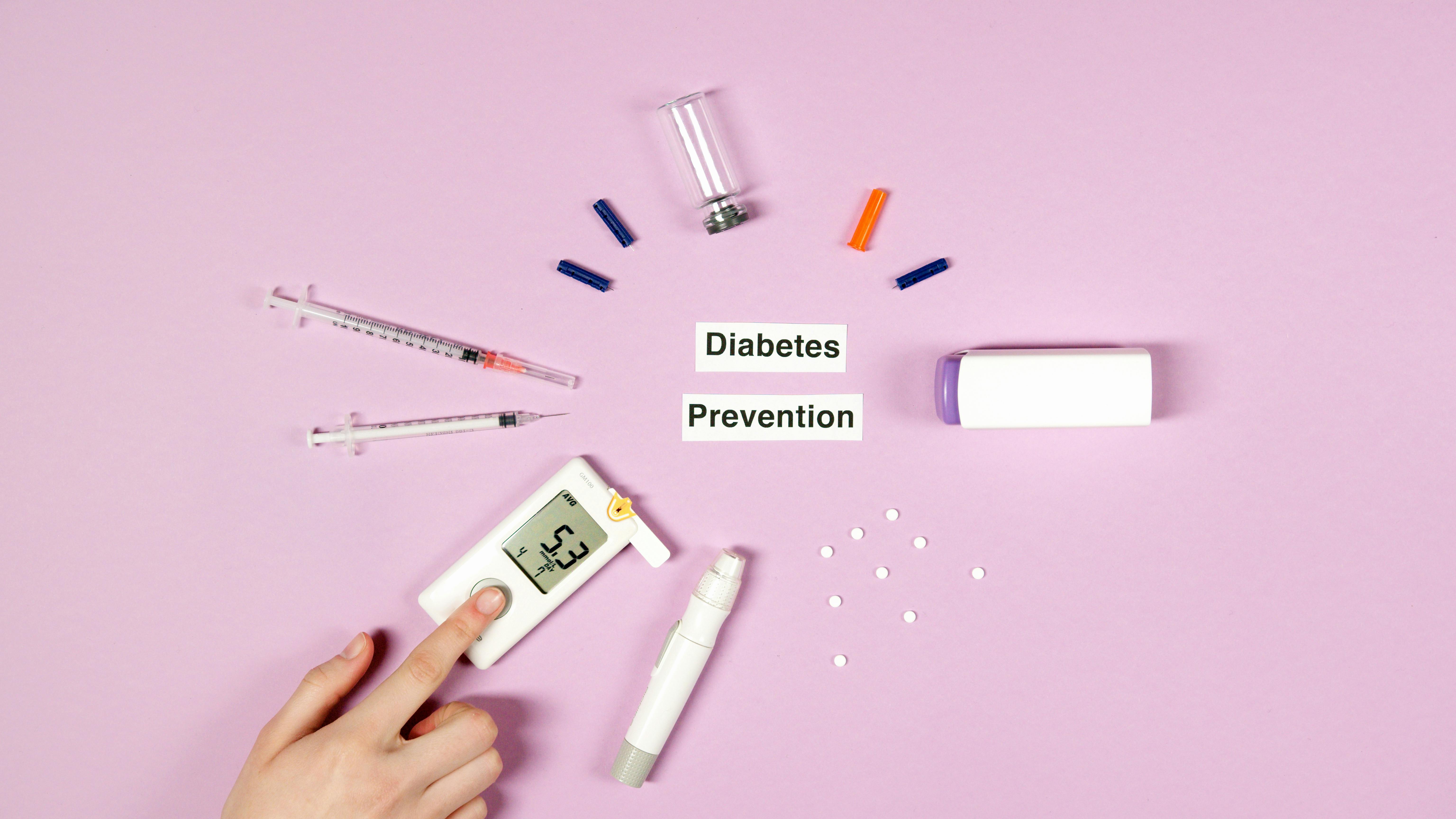Weight loss surgery patients are advised to supplement their diet with a vitamin B supplement, often taken as sublingual tablets or through monthly injections. Some surgical weight-loss procedures inhibit the absorption of B vitamins, which can lead to deficiency. In addition, the low-calorie, high-protein diet after bariatric surgery does not provide an adequate dietary intake of B vitamins. Patients should follow specific instructions from their bariatric center when taking vitamin B supplements. Annual blood tests are required. to ensure deficiencies are quickly identified and addressed.
The B vitamins are eight water-soluble vitamins that play important roles in cellular metabolism. B vitamins are found in all whole, unprocessed foods. B vitamins play a key role in supporting and increasing the rate of metabolism; maintain healthy skin and muscle tone; improve the immune and nervous system; promote cell growth and division; including that of red blood cells that help prevent anemia; and may reduce the risk of pancreatic cancer.
Vitamin B1: Thiamin
Thiamin is highly concentrated in yeast, so cereal grains are an important source of this vitamin, which is essential in helping the body transform food into energy and contributes to brain, nerve cell, and heart function. Pork, fish, sunflower seeds, rice and pasta also provide good amounts of thiamin. Many processed foods are fortified with thiamin. The Reference Daily Intake (RDA) for thiamin is 1.4 mg; however, some studies suggest that taking 50 mg increases mental alertness. Thiamine absorption occurs in the jejunum and ileum, so gastric bypass and gastric sleeve patients are less likely to absorb vitamin B1 from food.
Vitamin B2: Riboflavin
Riboflavin is found in dairy products, lean meats, eggs, nuts, legumes, green leafy vegetables, and enriched breads and cereals. It plays an essential role in the production of red blood cells, energy production, and growth. Riboflavin is an easily absorbed micronutrient that is best known visually as the vitamin that imparts the orange color to solid vitamin B supplements. People taking a high dose of B complex will notice an unusual fluorescent yellow color in their urine as they They remove excess vitamin B2. Riboflavin is continually excreted in the urine of healthy individuals, making deficiency relatively common when dietary intake is insufficient. Visible symptoms of riboflavin deficiency included red, chapped lips, inflammation of the lining of the mouth and tongue, mouth ulcers, cracks at the corner of the mouth, and sore throat. The RDA for vitamin B2 is 1.3 mg/day for men and 1.1 mg/day for women. Most vitamin B complex supplements provide a much higher dose of riboflavin.
Vitamin B3: Niacin
Like thiamin, niacin is important in the conversion of food into energy. It is also required for normal growth and DNA synthesis and helps maintain healthy skin, nerves, and the digestive system. Niacin is found naturally in lean meat, poultry, and seafood. Milk, cereals, and some diet meal replacement bars and beverages are fortified with niacin. The RDA for niacin is 16 mg for men and 14 mg for women. Extreme doses (1.5-6 grams/day) of niacin can cause flushing and itching and can also raise blood sugar. Standard supplementation should not result in this toxic reaction.
Vitamin B5: pantothenic acid
Pantothenic acid also helps the body convert food into energy and plays a role in the synthesis of hormones and other body chemicals. Pantothenic acid deficiencies are virtually unknown. The name pantothen is Greek for “from everywhere” and small amounts of pantothenic acid are found in plant and animal food sources, including grains, legumes, eggs, meat, and poultry. The RDA for men and women is 5 mg/day.
Vitamin B6: Pyridoxine
Pyridoxine is important in the utilization of proteins and in the production of red blood cells. It works with other B vitamins to stimulate the immune system and produce antibodies. Good sources of B6 are chicken, beef, fish, beans, bananas, and fortified cereals. Pyridoxine is not commonly found in plants.
Vitamin B7: Biotin
We often hear about the role biotin plays in hair and skin growth, but this powerful vitamin also plays a key role in the metabolism of protein and carbohydrates into energy. Studies indicate that biotin may also be helpful in maintaining a steady blood sugar level. Biotin is found in eggs, dairy products, legumes, whole grains, and cruciferous vegetables. People in the rapid weight loss phase after weight loss surgery often experience hair loss, which may be the result of biotin deficiency. Increasing biotin supplementation immediately after surgery may reduce the risk of hair loss due to biotin deficiency.
Vitamin B9: folic acid
This B vitamin, also called folate or folacin, is vital for tissue growth and plays a role in preventing certain birth defects. It is important for women of childbearing age to get enough of this nutrient. Folate is also believed to help prevent certain types of cancer and help prevent heart disease. Good sources of folate include artichokes, asparagus, avocado, blackberries, broccoli, Brussels sprouts, chick peas, peas, lentils, orange juice, raw peanuts, pinto beans, romaine lettuce, spinach, wheat germ, and wild rice. Many cereals and refined grain products are fortified with folate.
Vitamin B12: various cobalamins
Vitamin B12 plays a role in the formation of red blood cells and in the functioning of the nervous system and allows the body to use folate. Called cobalamin, vitamin B12 is abundant in meat, poultry, fish, eggs, and dairy products.



